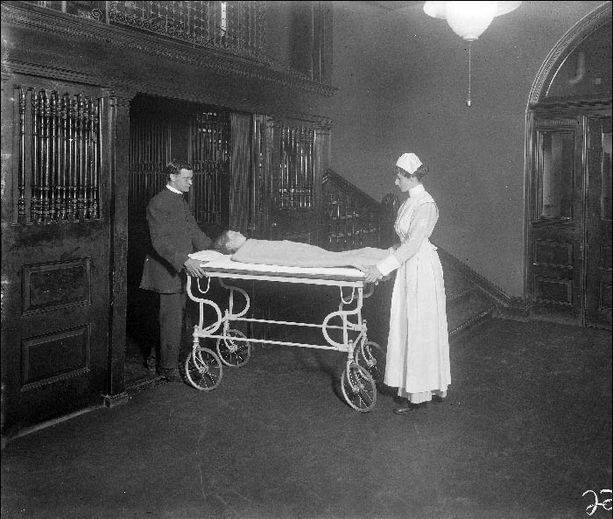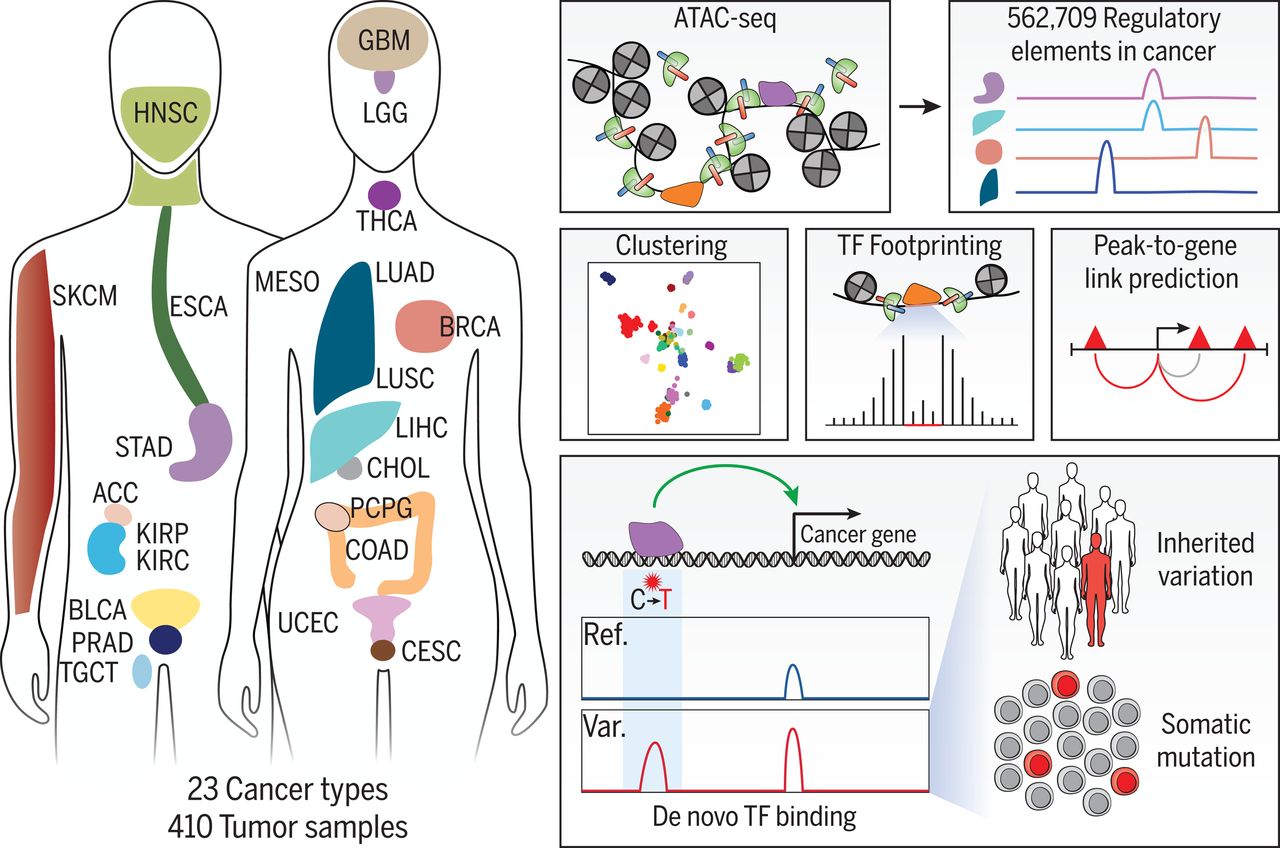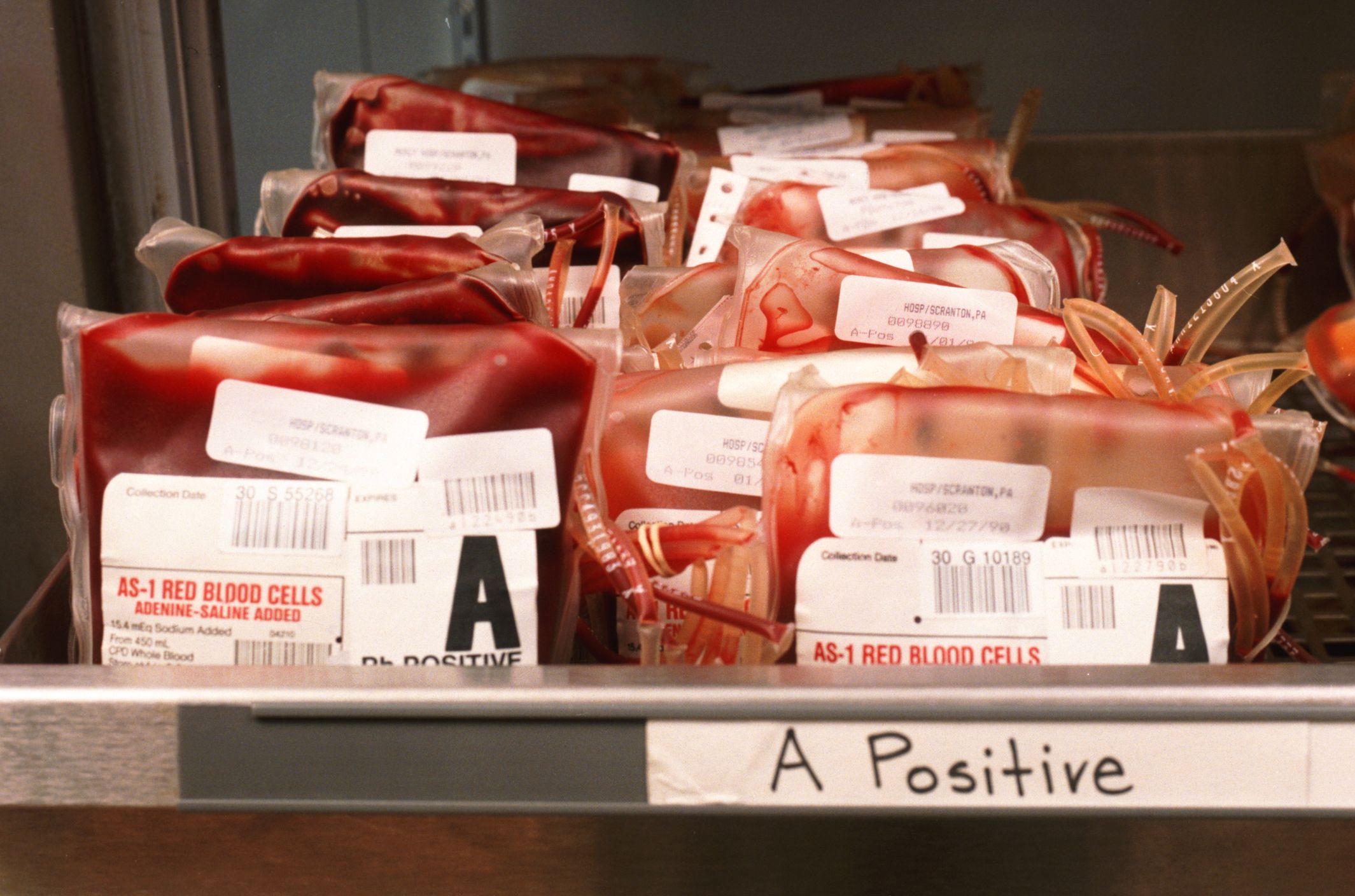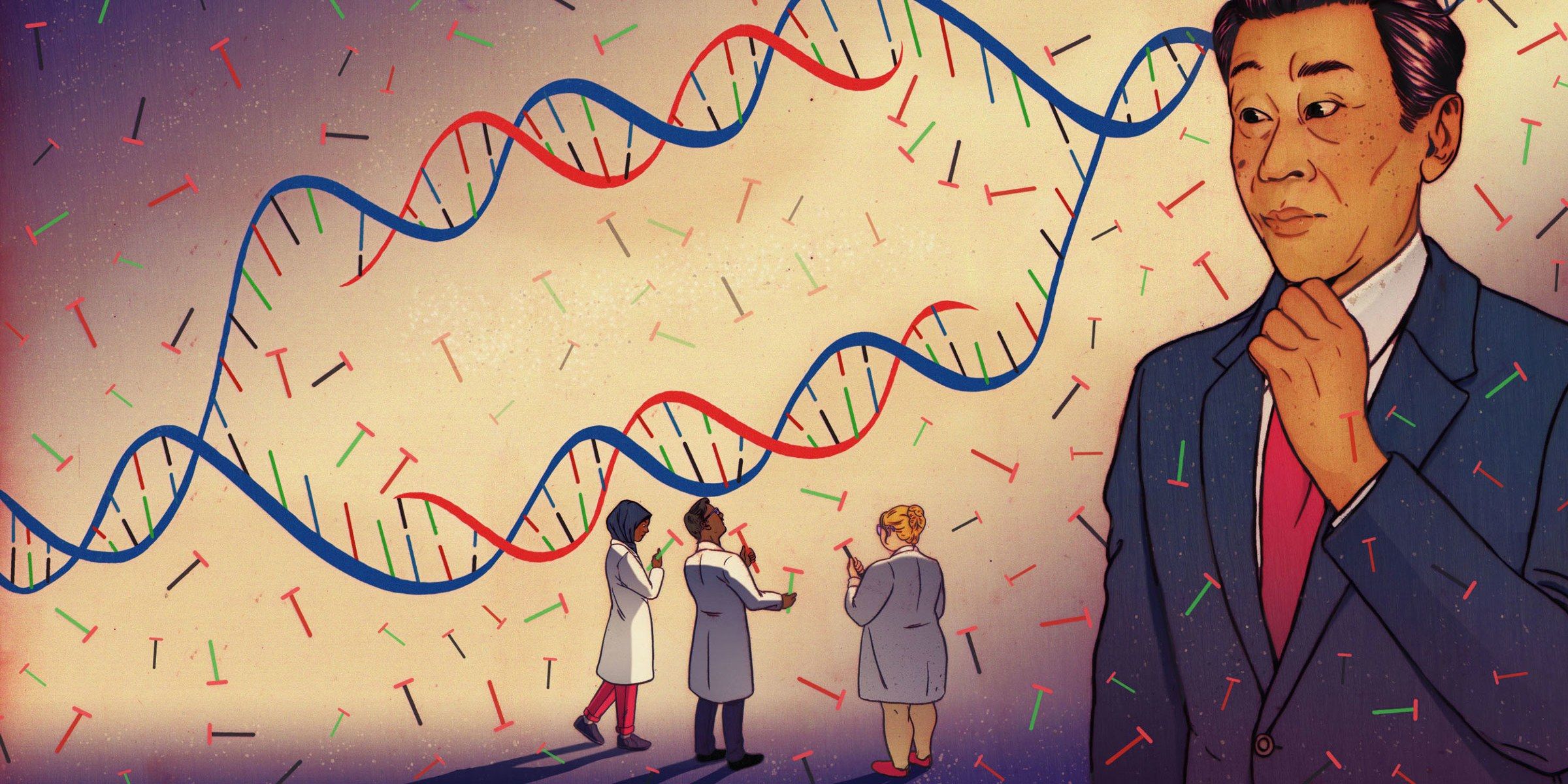In 1922 scientists went to a hospital ward with diabetic children, most of them comatose and dying from diabetic keto-acidosis (DKA). This is known as one of medicine’s most incredible moments. Imagine a room full of parents sitting at the bedside waiting for the inevitable death of their child.
Archive for the ‘biotech/medical’ category: Page 2237
Nov 18, 2018
Nebtrion: Dawn of a Cyborg Religion
Posted by B.J. Murphy in categories: biotech/medical, cyborgs, sex
What are the values of religion in the 21st century? As we continue accelerating towards a new scientific and technological era, it shouldn’t be a surprise to find an increasing number of people adhering to secular values and skeptical critical thinking. But then religion persists. Interestingly, while newer religions are emerging, they’re subsequently accommodating this new era into their philosophical belief structure.
In this cyborg religion, being against science and technology is a sin! Then again, so is having sex and doing drugs. Bummer!
Nov 18, 2018
Genetics Start-Up Wants to Sequence People’s Genomes for Free
Posted by Shailesh Prasad in categories: biotech/medical, genetics, privacy
The new service lets consumers contribute to medical research, but still poses privacy concerns.
- By Karen Weintraub on November 17, 2018
Nov 18, 2018
New Method of Stem Cell Therapy Shown to Regenerate Heart Tissue
Posted by Genevieve Klien in category: biotech/medical
A new way of transplanting stem cells into a damaged heart could be a way of reversing heart disease. New developments are continually finding ways of helping people to regenerate and heal in ways never before possible.
Nov 18, 2018
Tesla Model 3 protects owner from unsafe air even without Bioweapon Defense Mode
Posted by Genevieve Klien in categories: biotech/medical, Elon Musk, space travel, sustainability

Amidst the ongoing threat of the California wildfires, a Tesla Model 3 owner has posted a brief demonstration of the electric sedan’s capability to maintain the air quality inside its cabin, despite the vehicle not being equipped with the Model S and X’s hospital-grade HEPA filter or a dedicated “Bioweapon Defense Mode.”
Elon Musk took to Twitter last week to offer the Model S and Model X as vehicles that can be used to transport people away from the ongoing CA wildfires. The Model S and X are capable of scrubbing the air inside the car, thanks to their large HEPA filters that are fitted with separate acid and alkaline gas neutralization layers. Later social media updates and anecdotes from Model S and X owners driving through the CA area indicate that Bioweapon Defense Mode helped maintain the air quality inside their vehicles.
Nov 18, 2018
The chromatin accessibility landscape of primary human cancers
Posted by Genevieve Klien in category: biotech/medical
The Cancer Genome Atlas (TCGA) provides a high-quality resource of molecular data on a large variety of human cancers. Corces et al. used a recently modified assay to profile chromatin accessibility to determine the accessible chromatin landscape in 410 TCGA samples from 23 cancer types (see the Perspective by Taipale). When the data were integrated with other omics data available for the same tumor samples, inherited risk loci for cancer predisposition were revealed, transcription factors and enhancers driving molecular subtypes of cancer with patient survival differences were identified, and noncoding mutations associated with clinical prognosis were discovered.
Science, this issue p. eaav1898; see also p. 401.
Nov 18, 2018
Which human blood group evolved first?
Posted by Genevieve Klien in category: biotech/medical
With several competing theories, it’s difficult to establish a timeline of how the different blood groups evolved and pinpoint which one came first.
Nov 18, 2018
The Evolutionary Importance of Neutral vs. Adaptive Genes
Posted by Genevieve Klien in categories: biotech/medical, genetics
For 50 years, evolutionary theory has emphasized the importance of neutral mutations over adaptive ones in DNA. Real genomic data challenge that assumption.
Nov 18, 2018
Ban on ‘gene drives’ is back on the UN’s agenda — worrying scientists
Posted by Derick Lee in categories: biotech/medical, genetics, government
Government representatives from nearly 170 countries will this month consider whether to temporarily ban the release of organisms carrying gene drives — a controversial technology that can quickly propagate a chosen gene throughout a population. The technique has the potential to eradicate disease, control pests and alter entire ecosystems, but with unpredictable consequences — leading some groups to call for a global moratorium on its field applications.
Research is moving fast on the divisive genetic technology, which could help to eradicate diseases but also risks altering ecosystems in unpredictable ways.
Nov 17, 2018
Michael Fossel — Defeating Aging
Posted by Montie Adkins in categories: biotech/medical, education, ethics, life extension, neuroscience
https://www.youtube.com/attribution_link?a=P-wiCEov7oQ&u…ture=share
Michael B. Fossel, M.D., Ph.D. (born 1950, Greenwich, Connecticut) was a professor of clinical medicine at Michigan State University and is the author of several books on aging, who is best known for his views on telomerase therapy as a possible treatment for cellular senescence. Fossel has appeared on many major news programs to discuss aging and has appeared regularly on National Public Radio (NPR). He is also a respected lecturer, author, and the founder and former editor-in-chief of the Journal of Anti-Aging Medicine (now known as Rejuvenation Research).
Prior to earning his M.D. at Stanford Medical School, Fossel earned a joint B.A. (cum laude) and M.A. in psychology at Wesleyan University and a Ph.D. in neurobiology at Stanford University. He is also a graduate of Phillips Exeter Academy. Prior to graduating from medical school in 1981, he was awarded a National Science Foundation fellowship and taught at Stanford University.
In addition to his position at Michigan State University, Fossel has lectured at the National Institute for Health, the Smithsonian Institution, and at various other universities and institutes in various parts of the world. Fossel served on the board of directors for the American Aging Association and was their executive director.















